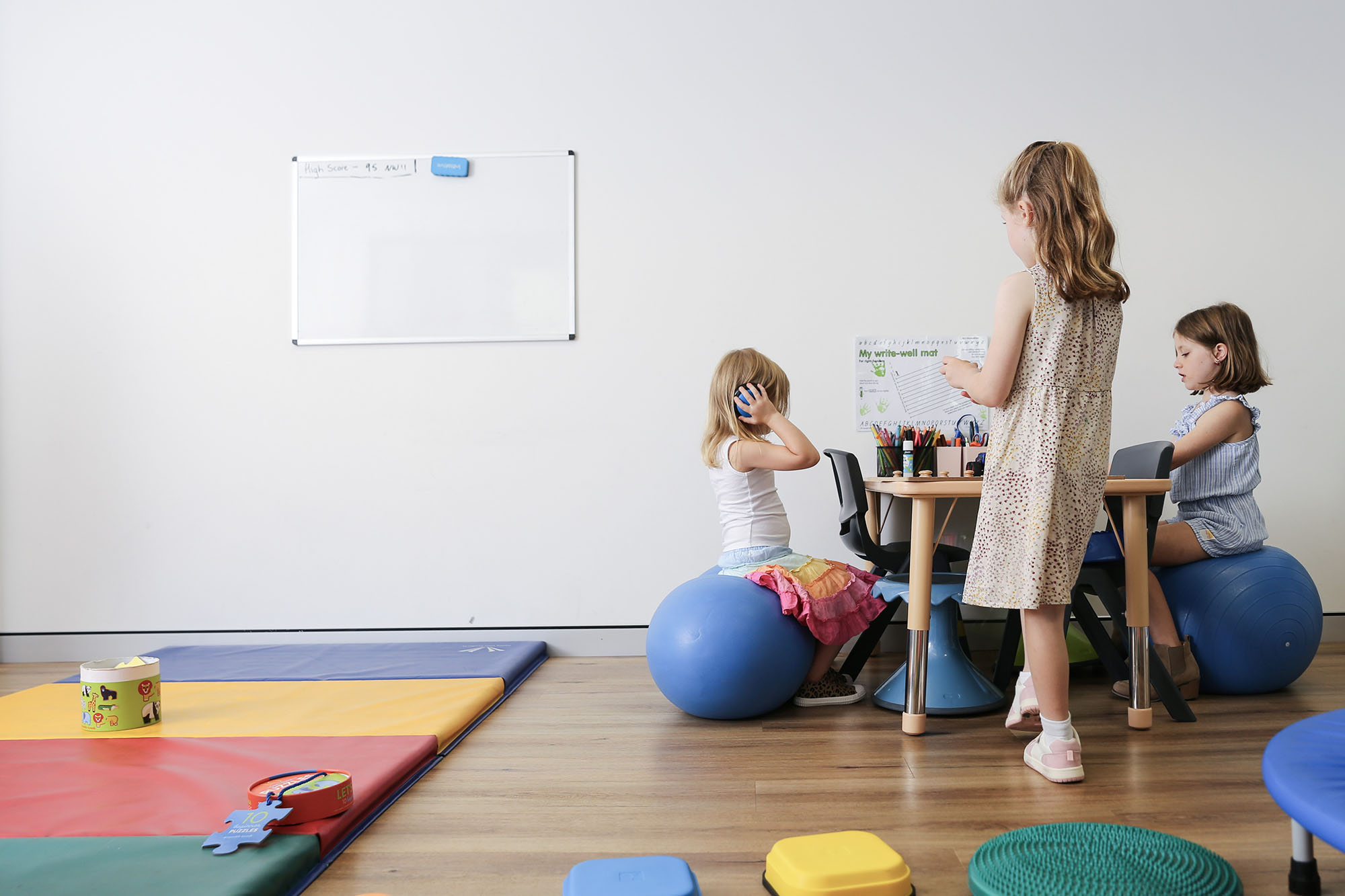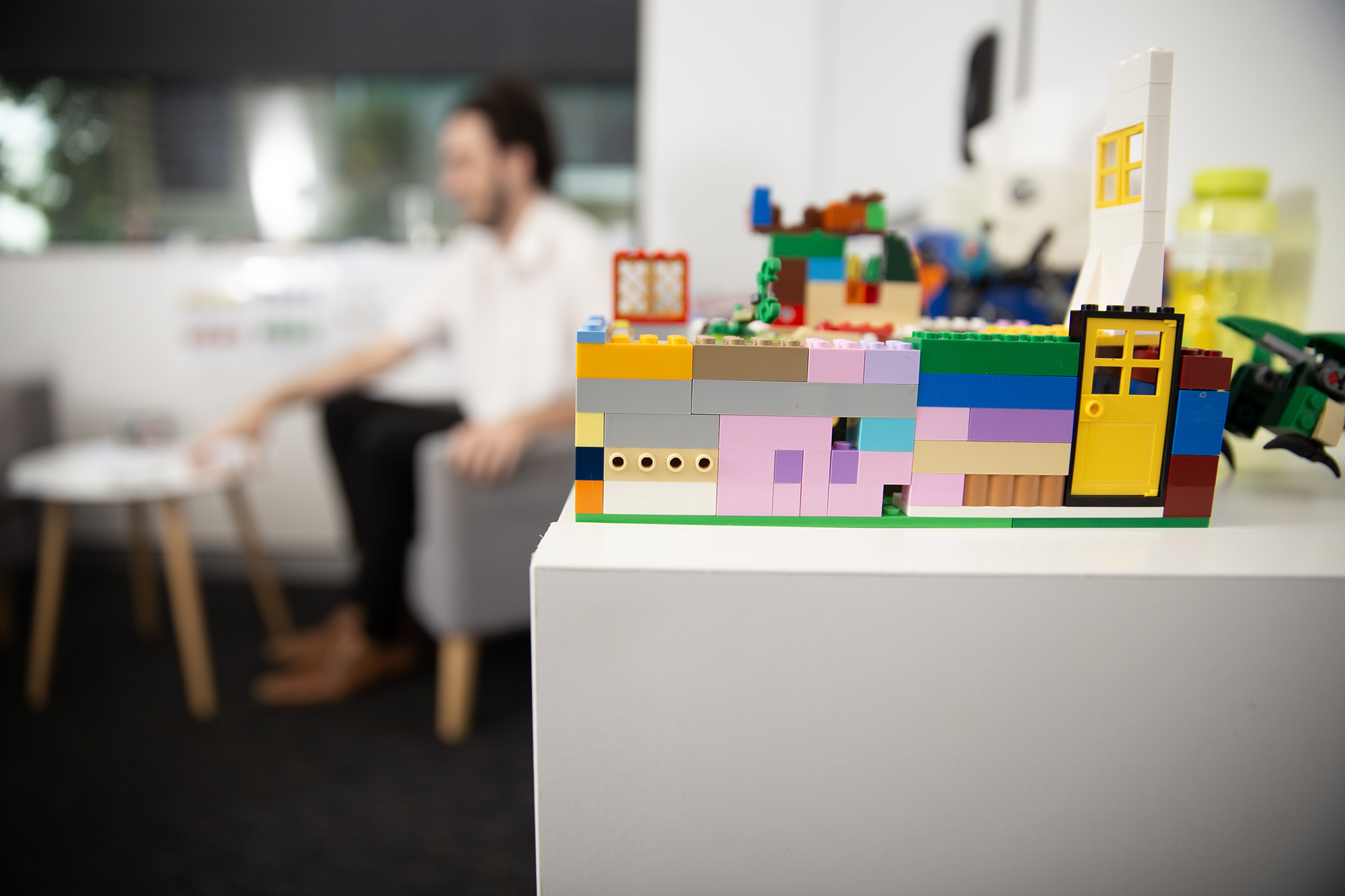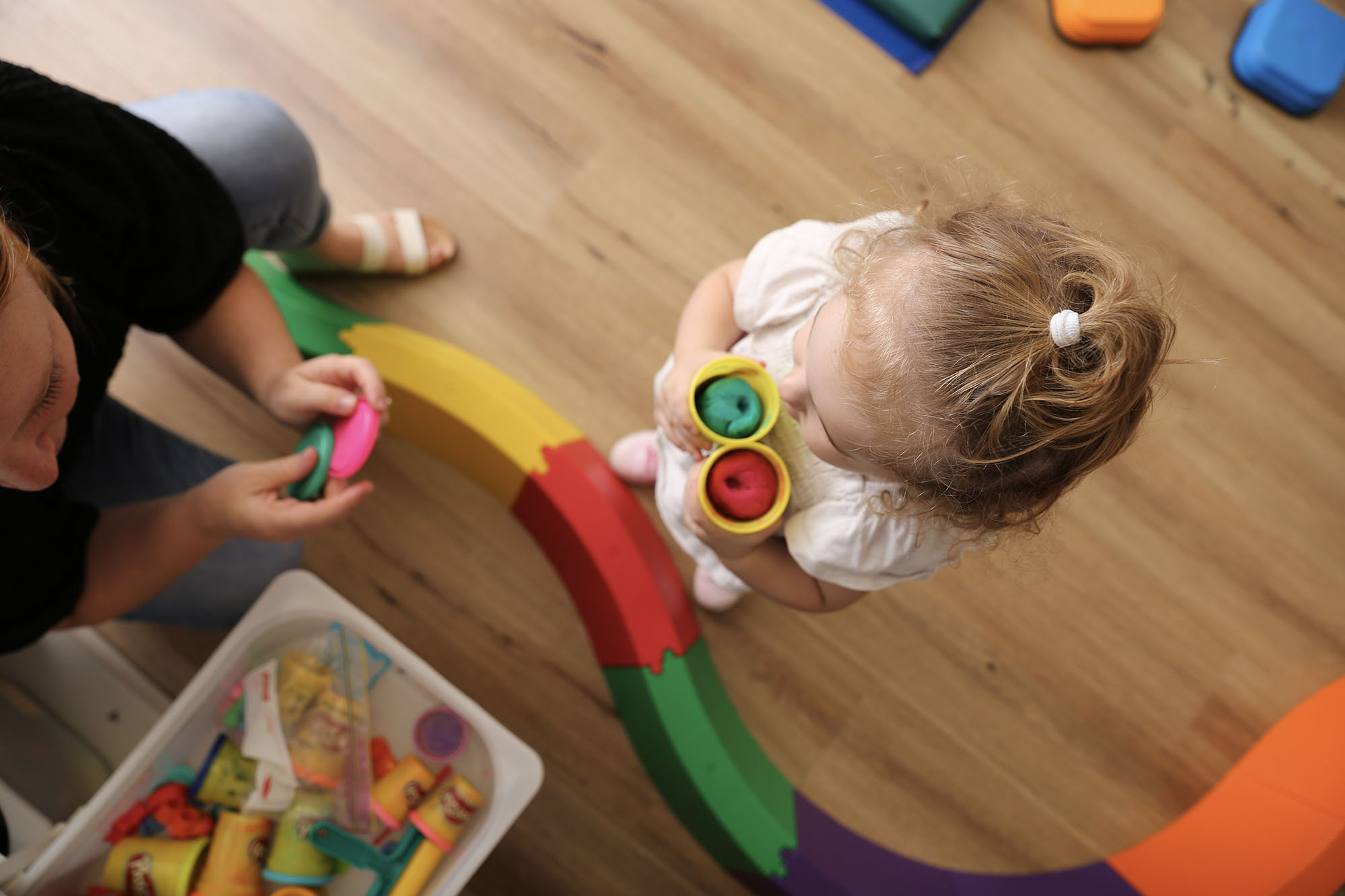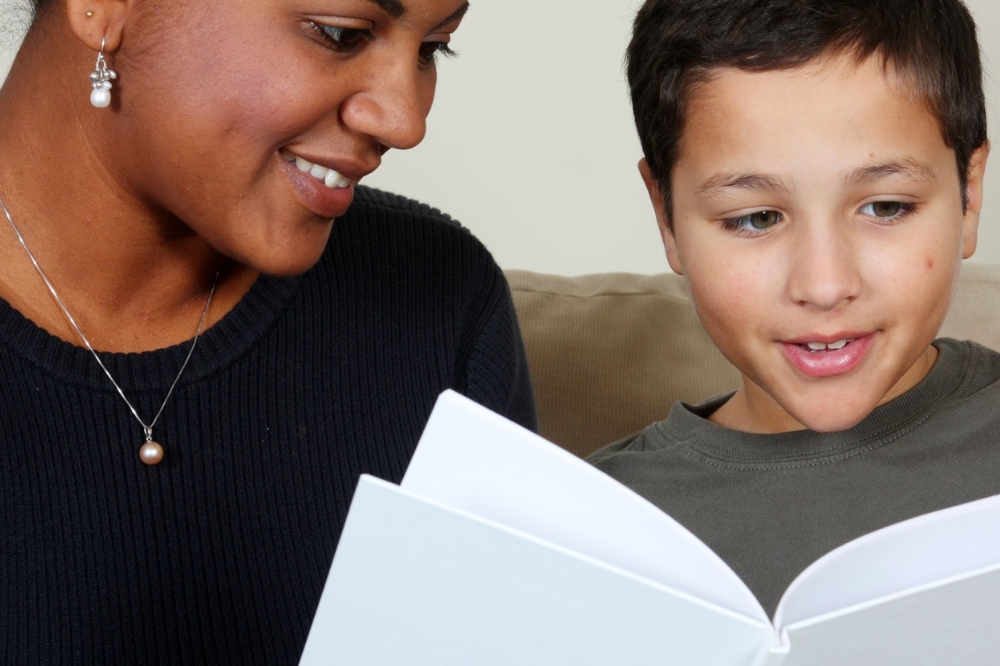- Assessments
- /
- Speech and Language
Speech and language assessments
Identifying strengths and possible areas for development.
About Speech and Language Assessments
Speech assessments review the way a child produces sounds. It can look at the production of individual sounds (articulation) and patterns across speech sound production (phonology).
A language assessment reviews the way a child uses words to understand (receptive) and build (expressive) messages to communicate something meaningful.
Formal or informal tools may be used by a speech pathologist to assess speech and or language.
Standardised language assessments may include the use of the Clinical Evaluation of Language Fundamentals – Fifth Edition (CELF-5), the Clinical Evaluation of Language Fundamentals Preschool – Third Edition (CELFP-3) or the Preschool Language Scales – Fifth Edition (PLS-5).

What to expect in the assessment
Please note there may be variance in assessments tools used across Youthrive clinics. Your speech pathologist will discuss what assessment options are available based upon your concerns and the child’s age. The speech pathologist will provide information on the costs associated with completing the assessment including report writing options.
During the assessment:
- The assessment will occur in a calm and quiet place
- The caregiver may sit in on the assessment, but must remain quiet and not interrupt
- Your child will have some time to settle In and feel comfortable in the space
- The clinician will talk through the assessment process before commencing
- Strategies to assist with attention/regulation may be utilised during the assessment
At the conclusion of the assessment, the speech pathologist will analyse the report and prepare a report/summary, based upon your preferences. Results will be provided and discussed with the caregiver and a plan for support will be developed. Please note, the report must be paid in full prior to release.













